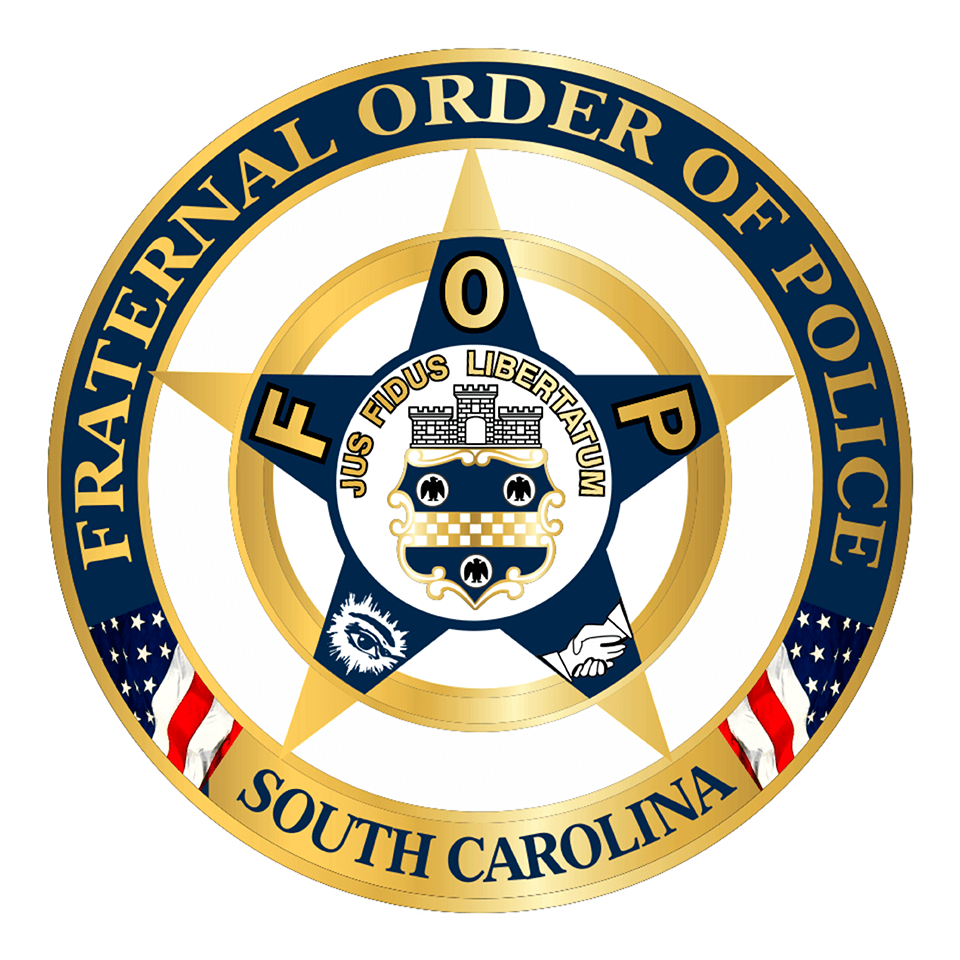The Law Enforcement Personal Privacy Protection Act, a critical piece of legislation designed to safeguard the privacy of law enforcement officers and their families, has seen its implementation delayed until July 1, 2025. Despite this delay, the act remains a vital step in ensuring that personal information, such as home addresses and phone numbers, will eventually be removed from publicly accessible databases, significantly reducing the risk of doxxing and other forms of targeted harassment.
Key Provisions of the Act
The Law Enforcement Personal Information Privacy Protection Act, now part of Chapter 2, Title 30 of the South Carolina Code, ensures that the personal contact information of active and former law enforcement officers is kept confidential. The Act specifically defines “personal contact information” as the home address or personal cellular telephone number of the eligible requesting party, which includes active or former law enforcement officers or corrections officers.
What Does This Mean for Law Enforcement Officers?
Confidentiality of Personal Information:
- Personal contact information held by state or local government agencies will be confidential and not disclosed to the public if the officer chooses to restrict public access by submitting a form provided by the South Carolina Criminal Justice Academy (SCCJA).
- Verification of employment, current or previous, as a law enforcement officer is required to enact these protections.
Exceptions to Confidentiality:
- An officer can rescind the request in writing.
- Agencies can disclose information related to law or regulation violations as permitted by law.
- An officer can request the release of their information for a specific purpose and time.
- Personal contact information may be included in collision reports or uniform traffic tickets as maintained by the South Carolina Department of Motor Vehicles, as permitted by law.
Disclosure to Other Government Agencies:
- Information protected under this Act may still be disclosed to other governmental agencies under subpoena, court order, or with the officer’s written consent.
Public Document Redaction:
- Personal contact information must be redacted from any public documents otherwise eligible for release under other provisions of law.
Responsibilities of the South Carolina Criminal Justice Academy
The SCCJA is tasked with creating a form for officers to request the restriction of public access to their personal contact information. This form will include fields for various personal details such as legal name, home address, and law enforcement identification number, among others.
How to Access the Form
The form for the Law Enforcement Personal Privacy Protection Act is now available on the South Carolina Criminal Justice Academy website at www.sccja.sc.gov, under the “Forms” section, right above the “Registration” section. Officers are encouraged to share this information with their colleagues to ensure widespread awareness and utilization of this new protective measure.
Conclusion
The enactment of the Law Enforcement Personal Information Privacy Protection Act marks a significant step forward in protecting the privacy and safety of our law enforcement officers. By restricting access to their personal contact information, we help ensure that our officers can perform their duties without the additional concern of personal privacy violations. We urge all eligible officers to take advantage of this protection and to share this important information with their peers.
For more details and to access the form, visit the SCCJA website. Protecting those who protect us is a priority, and this Act is a testament to our commitment to the safety and privacy of our law enforcement community.
